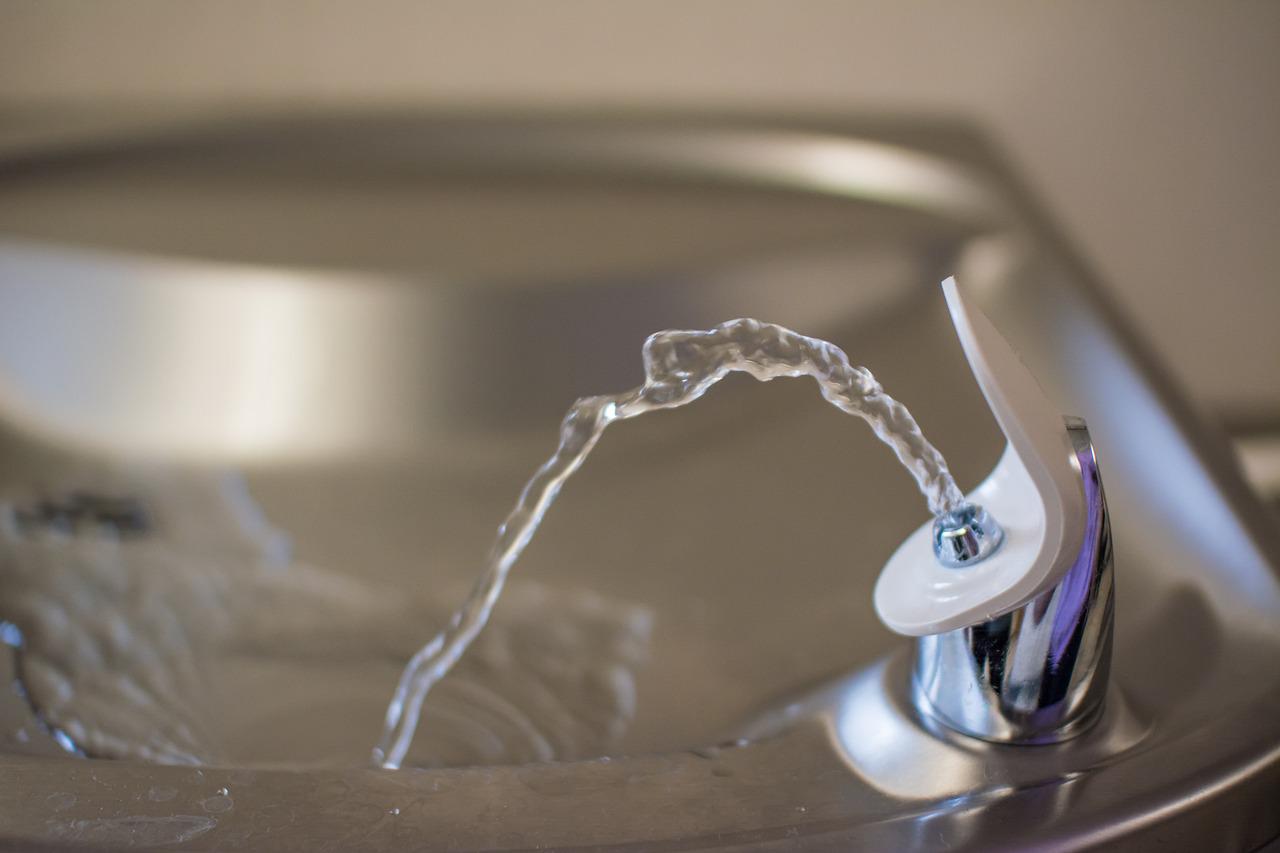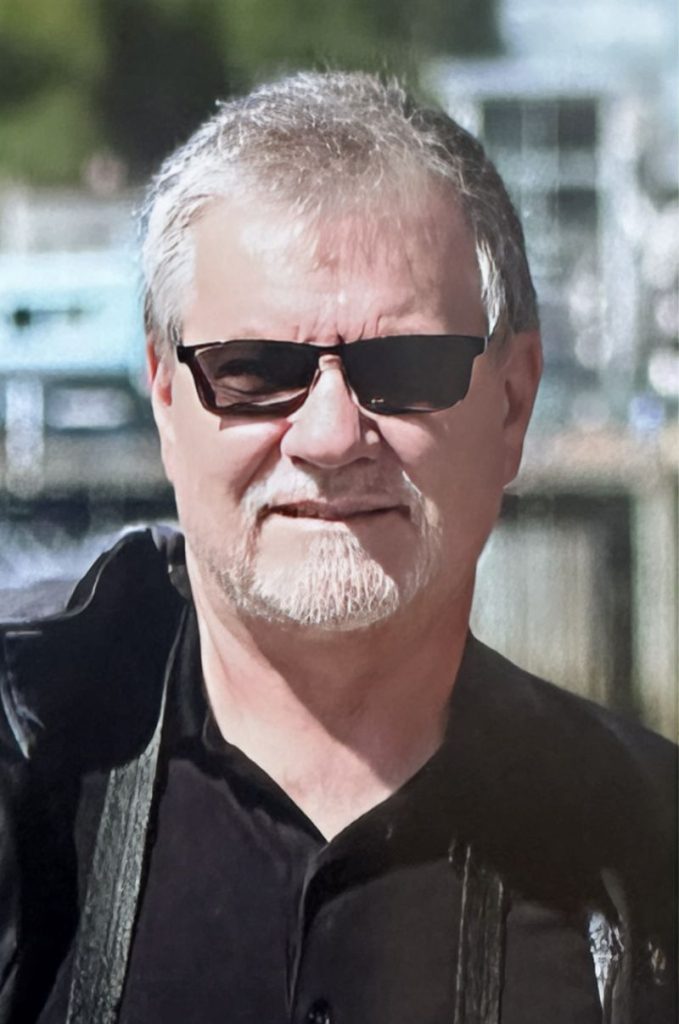Legislature on verge of requiring Missouri schools test, filter water for lead

Missouri lawmakers are poised to require schools test and, potentially, filter drinking water to prevent lead poisoning, making the state one of just a handful that require administrators to meet standards stricter than federal regulations.
The state offers grants for schools to pay for water testing, but there is no requirement to test, and only a handful have opted to do so.
And while scientists agree there is no safe level of lead — a dangerous neurotoxin that is especially harmful to children — federal drinking water regulations allow far higher concentrations of lead before requiring water systems to take action.
Both the House and Senate have overwhelmingly approved school water testing legislation already this session, although the votes came on different bills. Now, the provisions have been added to a sweeping education bill that is expected to be passed and sent to the governor next week.
“One of the things that’s going to help our school children now and forever is getting the lead out of the water that they drink,” said Sen. Jill Schupp, D-Creve Coeur.
With a week left in the session, Schupp has started amending the legislation onto numerous bills in the hopes of improving its chances of success..
Most states, like Missouri, provide funds through federal grants that allow schools to test their water. But Missouri would be unique among some of its Midwestern peers in requiring schools to take action.
The state’s budget, approved by lawmakers Friday and sent to the governor, includes $27 million in federal COVID-19 recovery funds to help schools test for lead and install filters.
A conference committee Friday took the rare step of adding the policy into a bill that didn’t include it when it originally passed the House or Senate. It needs just one more round of approval by each chamber to make its way to Gov. Mike Parson’s desk. The legislative session ends at 6 p.m. May 13.
Schupp said she was “delighted” and “grateful” her colleagues agreed to add the lead testing provisions on Friday.
“We will continue to put it on other bills…but I think, right now, this looks like the pathway forward,” Schupp said.
The bill requires schools to test their drinking water and install filters if lead concentrations exceed five parts per billion. They can either install filters where the water supply enters the building or at each sink or water fountain, depending on the source of the contamination. Schools would have to remove old lead-lined coolers outlawed decades ago.
Early versions of the bill would have required action at lead concentrations above one part per billion. That’s the maximum level recommended by the American Academy of Pediatrics because it is the lowest detectable level, although there is no known safe blood lead concentration.
But lawmakers amended the language, saying sophisticated laboratory testing required to detect such low concentrations of lead is not as widely available.
“So as the technology and the testing gets better, we’re hopeful we’ll be able to move that down,” Schupp said. “But right now, we want to make sure it’s as safe as possible.”
Schools should still strive to go beyond the requirements of the bill to limit lead concentrations to below one part per billion, said Jeanette Mott Oxford, lead campaign strategist with Metropolitan Congregations United. The organization is part of the Missouri Filter First Coalition.
“If we demonstrate that we are a best practice, that we can get to the one part per billion, that would inspire other people to make that their goal in the states around us certainly,” Oxford said.
The Environmental Protection Agency doesn’t require public water systems to take action unless more than 10% of routine samples have 15 or more parts per billion of lead.
Lead can leach into drinking water from aging lead pipes, especially if the water is corrosive.
President Joe Biden’s administration has pledged funds to remove the millions of lead service lines that remain in the ground more than 30 years after they were banned.
The Independent’s Niara Savage and Tessa Weinberg contributed to this story.
Miss Clipping Out Stories to Save for Later?
Click the Purchase Story button below to order a print of this story. We will print it for you on matte photo paper to keep forever.

